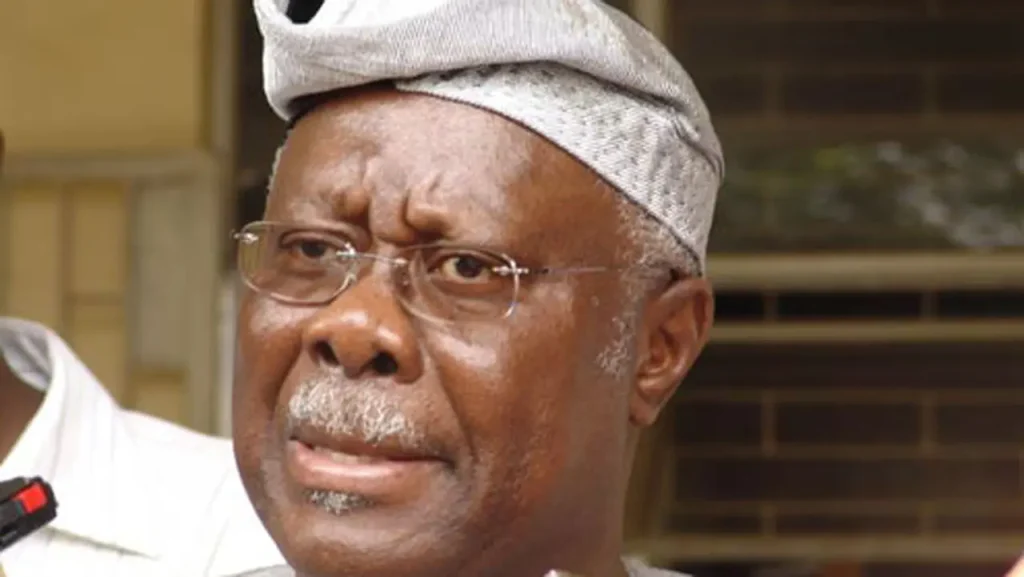The Economic and Financial Crimes Commission (EFCC) has been warned to stop criminalising civil transaction matters which might be outside its institution mandate so as to keep away from incurring additional wrath of courts.
Specifically, the anti-graft company was requested to re-evaluate its method to circumstances involving civil transactions and restrict its scope of operations to prison matters, as stipulated within the legislation that set it up.
An Abuja-based lawyer, Pelumi Olajengbesi, issued the warning in an announcement on Saturday in response to the Supreme Court judgment that quashed the conviction of Senator Peter Nwaoboshi on alleged over N800M fraud.
The EFCC had accused Senator Nwaoboshi of unlawful property acquisition, main to his arrest and subsequent arraignment earlier than the Federal High Court in Lagos.
However, the courtroom dominated that the character of the transaction was civil in nature, thereby questioning the EFCC’s authority to intervene in such matters. Consequently, the defendants have been discharged and acquitted.
Nevertheless, the Court of Appeal held a special view, prompting an attraction to the Supreme Court on behalf of Senator Peter Nwaoboshi.
The Supreme Court, in its judgment, emphasised that all the prosecution, conviction, and sentencing have been based mostly on civil transactions.
It confused that the EFCC, as a physique entrusted with the accountability of curbing monetary crimes and associated offenses, lacks the authorized jurisdiction and authority to contain itself in civil matters.
Reacting to the Apex Court’s verdict, Olajengbesi mentioned, “Regrettably, this experience is not unique to Senator Peter Nwaoboshi but resonates with numerous Nigerians and stakeholders who have encountered the EFCC’s actions.
“The agency, established to detect and combat financial crimes within and outside the government, has strayed from its mandate and now acts as a debt recovery agency, wielding its power against perceived adversaries.
“It is crucial to emphasize that the EFCC, like other law enforcement agencies, does not possess the legal capacity to interfere in civil transactions between citizens and companies. Its role does not extend to debt recovery or arbitration in economic disputes.
“This legal position is well-established in Nigerian law, including the EFCC Act and the Administration of Criminal Justice Act, 2015 (ACJA), and has received judicial endorsement in numerous cases, including those of the Supreme Court.
“Therefore, we urgently call upon the leadership of the EFCC to restructure its modus operandi to align with its mandate as a commission. The EFCC must refrain from meddling in civil transactions that fall under the jurisdiction of competent courts or, at best, arbitration panels.
“Such a course of action would not only restore the public’s faith in the anti-graft agency but also safeguard the integrity and reputation of the Commission, which has been meticulously built over the years,” he mentioned.



